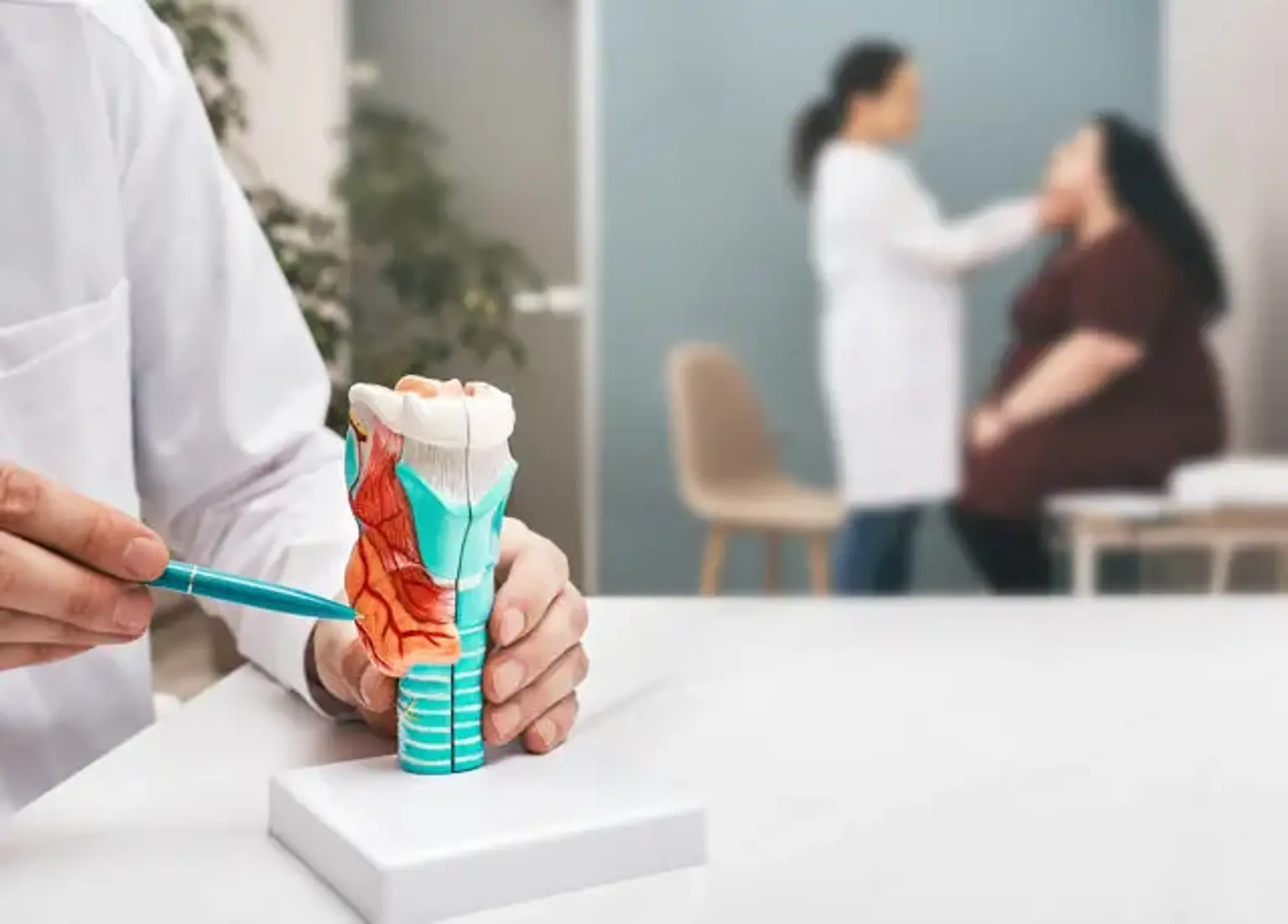Hormonal Imbalance
Hormonal imbalance arises whenever there is an excessive or too little of a hormone in one’s bloodstream. Due to their significant function in the body, even a slight hormone imbalance can have far-reaching consequences.
Hormones are typically the chemicals that the endocrine system's glands produce. They convey messages to tissues and body organs via the bloodstream, instructing them on what to do and when. Hormones also regulate various major body processes. Therefore, any hormonal imbalance could have a significant impact on numerous body functions.
